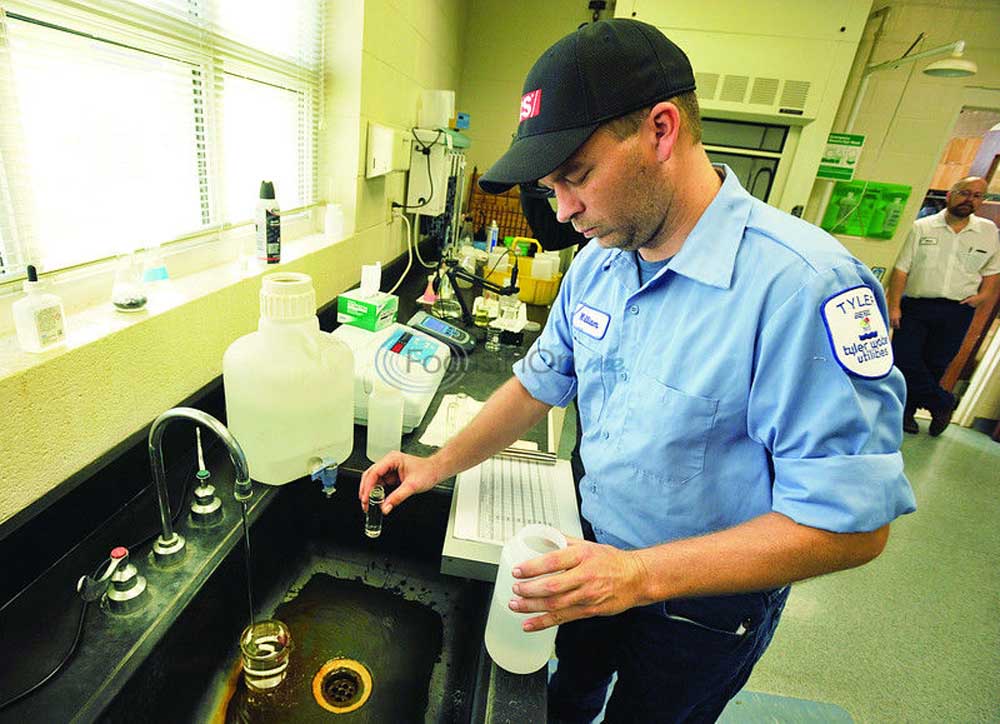City will hire firm to analyze water treatment system
Published 5:53 pm Wednesday, November 4, 2015
The city of Tyler will bring in an independent, third-party environmental firm to evaluate its water system and processes, following concerns about unusually high levels of chemicals called haloaceticacids.
Tyler water customers received letters last week about the spike in haloacetic acids, which Mayor Martin Heines said in a press conference on Wednesday was the result of heavy spring rains.
He stressed that the water is safe to drink – he even sipped some for a dry throat during the press conference.
“According to the professional staff at the water department, it is believed that the surge in haloacetic acids in our system was caused by an increase in organic materials in our water supply,” Heines explained. “This occurred when intense rains in the spring caused organic materials in the watershed to be swept into the water source.”
The increase was detected by a Texas Commission on Environmental Quality’s subcontractor, when doing regulatory quarterly measurements for the agency. The peak occurred in May and the levels have been declining since then.
“I would like to stress that I remain confidence in the Tyler water system,” Heines said.
But because of the level of public concern – due in part to a Facebook post by environmental activist Erin Brockovich – the city is “taking the situation very seriously,” Heines said.
“I have asked the city manager to hire an independent, third-party expert who has never done work for the city of Tyler to evaluate both the facilities and protocols of our water department,” he said.
That firm, Enprotec/Hibbs & Todd, Inc., is based in Abilene. A report could come within two weeks, Heines said, and all results will be made public. The firm will begin work on Monday, Nov. 9. Other water quality issues, including chlorine levels throughout the system, also will be examined.
No fee has been established, Heines said, because he wants the firm to be free to look into all aspects of the water system and pursue any investigation it feels is warranted.
“We will be monitoring costs, however,” Heines said.
Northeast Texas Public Health District officials attended the press conference but did not speak.
However, Dr. Jeffrey Levin, an occupational and environmental health sciences professor for UT Health Northeast, expressed his confidence in Tyler water.
“I’ve lived here for 28 years, and I have no concerns,” he said. “I drink the water daily. It’s probably better water, qualitatively, than most anywhere I’ve been.”
TWITTER: @tmt_Roy
QUICK FACTS
• Tyler Water Utilities serves a population of approximately 109,242 people through 36,414 residential service connections, according to the Texas Commission on Environmental Quality.
• The city uses surface water from Lake Palestine and Tyler and has eight active wells and four emergency wells.
• The city’s average production is 29 million gallons a day, with a peak daily production of 49.6 million gallons in a day. It has a production capability of 72 million gallons a day.
• The water is treated with chloramines, a mixture of chlorine and ammonia. The use of ammonia helps reduce the amount of byproducts in the water from the chlorine and keeps residuals in the water longer, according to the city.








